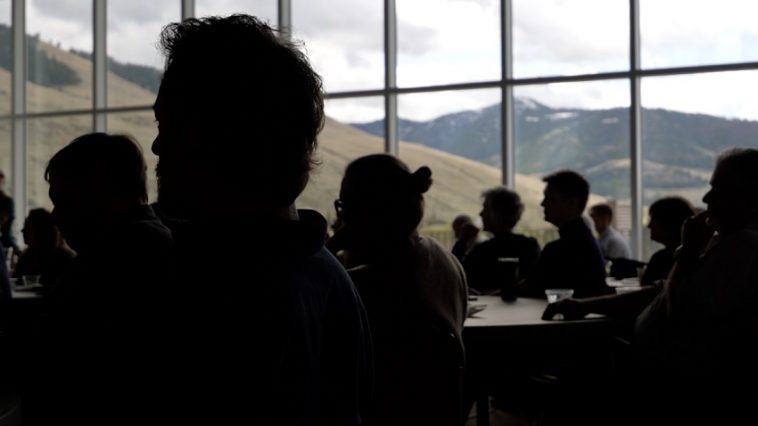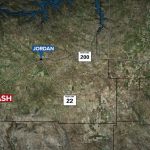Missoula, MT — The annual State of the Community event in Missoula, held on April 21, 2025, centered around the theme of “local action, local impact,” as community leaders outlined plans to address the region’s pressing challenges. Local government, climate change, housing, and the future of education were among the key topics discussed by Missoula’s Mayor Andrea Davis, Missoula County Commissioner Juanita Vero, and University of Montana President Bodnar.
Local Government: A Vision for Change
Missoula Mayor Andrea Davis kicked off the event with a focus on responsive and solutions-oriented governance. Addressing the crowd, Davis emphasized that the city is striving to meet the needs of its residents through a more participatory and proactive approach. She cited the results of a recent community survey, which revealed that the rising cost of living and limited access to affordable housing were among the top concerns for residents.
“The rising cost of everyday living in Missoula is putting strain on many of us, making it harder for families to make ends meet,” Davis explained. In response, she announced the formation of a task force aimed at tackling the affordability crisis by promoting housing and commercial development. The task force will focus on the development of 45 acres of city-owned land, a move Davis believes demonstrates the city’s commitment to transforming its resources into opportunities for growth.
Climate Action and Energy Sustainability
Commissioner Juanita Vero also highlighted the importance of climate change mitigation and energy sustainability for the region. She underscored the challenges posed by the natural landscape, particularly the need for fire to maintain the health of local ecosystems, while acknowledging the associated risks of smoke. Vero stressed the importance of preparing the community to cope with the impacts of smoke, ensuring that homes are equipped with air filters and residents have access to clean, cool indoor air.
Looking toward the future, Vero announced that Missoula County is collaborating with the city to bring 100% clean electricity to the urban center by 2030. She revealed plans for a utility-scale renewable energy project with Northwestern Energy that will generate 50 megawatts of new clean energy, enough to power approximately 10,000 homes. For context, Missoula County had 58,360 homes in 2023. This project represents a significant step in the region’s efforts to reduce its carbon footprint and enhance energy security.
The University of Montana’s Impact on Missoula
The University of Montana (UM) continues to play a pivotal role in the city’s development. UM President Bodnar highlighted the institution’s positive growth, particularly in the areas of medical and legal education. “Our law school and our med school acceptance rates are about 20 percentage points higher than the national average,” Bodnar noted. The university has also made strides in supporting military veterans by revamping its Office of Military and Veteran Services.
Despite these successes, Bodnar acknowledged a broader national trend: a decline in the percentage of high school graduates continuing on to higher education. “The percentage of American high school graduates that go on to education, either 2-year or 4-year, has declined by nearly 10% since 2016,” he said. This trend presents a challenge for higher education institutions across the country, including UM, which will need to adapt to changing demographics and educational priorities.
Looking Forward
The 2025 State of the Community gathering underscored the importance of local action in addressing the challenges facing Missoula and the greater county. From tackling affordable housing and climate change to fostering educational opportunities, community leaders are focused on creating a sustainable and thriving future for the region. As Missoula continues to grow, these local efforts will shape its trajectory, ensuring that the Garden City remains a place of opportunity for all its residents.
As the event concluded, the message was clear: it is up to the people of Missoula to lead with vision, focus, and values as they navigate the challenges and opportunities ahead.



